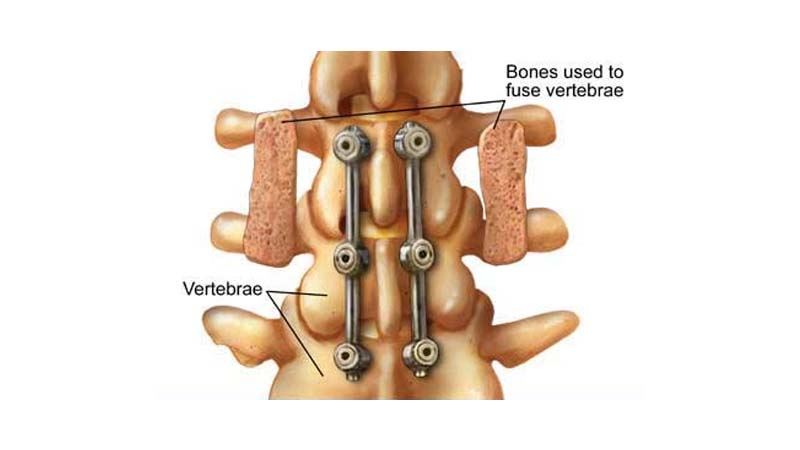The Danger of Spinal Cord Compression

By Dr Tony Setiobudi BMedSci, MBBS, MRCS, MMed (Ortho), FRCS (Ortho) Spinal cord is a big nerve that connection the brain with the arms and legs. External compression to the spinal cord can interfere with the normal function of the nerves. People with spinal cord compression do not necessarily complain of neck pain or back […]
Why Fuse the Spine?

By Dr Tony Setiobudi BMedSci, MBBS, MRCS, MMed (Ortho), FRCS (Ortho) Spine stabilization Spinal fusion surgery is indicated when the spine is expected to be unstable after the index operation. In general if there is a sign of instability before surgery, spinal fusion is indicated. Spinal fusion for nerve compression Spinal fusion surgery is often performed […]

